Recently, Canadian provinces and territories have significantly revised their work permit criteria for business candidates. These changes are designed to ensure that individuals seeking to establish or operate businesses in Canada make meaningful contributions to the cultural, social, and economic fabric of the region where they intend to settle.
Furthermore, these updates streamline the evaluation process for immigration officers, focusing on crucial aspects outlined in section R200. This includes assessing the applicant’s commitment to fulfilling their proposed work obligations and their intentions to depart Canada upon the expiration of their authorized stay. Additionally, the modifications provide comprehensive guidance on the significant benefit review conducted by provinces and territories, including issuing support letters based on the assessment outcomes.
Navigating IRCC’s Assessment of Substantial Benefits
IRCC pinpoints particular situations that align with the criteria laid out in paragraph 205(a) of the Immigration and Refugee Protection Regulations. These situations encompass foreign nationals whose endeavors yield noteworthy social, cultural, or economic advantages for Canadian citizens or permanent residents. In streamlining the evaluation of such cases, IRCC has instituted various categories exempt from the labor market impact assessment (LMIA), each designated with a distinct administrative code.
Administrative LMIA Exemption Codes
Within the realm of immigration codes, C60 plays a crucial role as the designated LMIA exemption code for foreign nationals seeking entry into Canada to initiate or manage a business venture as entrepreneurs, contingent upon receiving backing from a province or territory. Nonetheless, should applicants not meet the outlined criteria for a C60 exemption, their cases may undergo individual assessment by immigration officers. In such instances, officers may opt to apply the broader LMIA exemption code C10, which encompasses evaluations under paragraph R205(a).
Overview of Business Categories
In the Context of temporary entry for business endeavors, there are two clear-cut classifications:
- Temporary Purpose: This category refers to individuals seeking temporary entry, usually for seasonal purposes, to oversee their existing businesses, commonly as self-employed individuals.
- Business Candidate: This category includes individuals aspiring to enter Canada as business candidates, with the goal of either establishing or managing businesses to meet provincial/territorial nomination criteria or to qualify for the federal Start-up Business Visa.
Process for Business Candidates
Individuals categorized as business candidates must initiate the process by submitting an application to a province or territory for consideration under their specific business immigration program. Once accepted, the province or territory provides a support letter, which allows the candidate to proceed with applying for a work permit. Following this, the candidate must implement their business plan and meet the particular provincial criteria, typically within a two-year timeframe.




